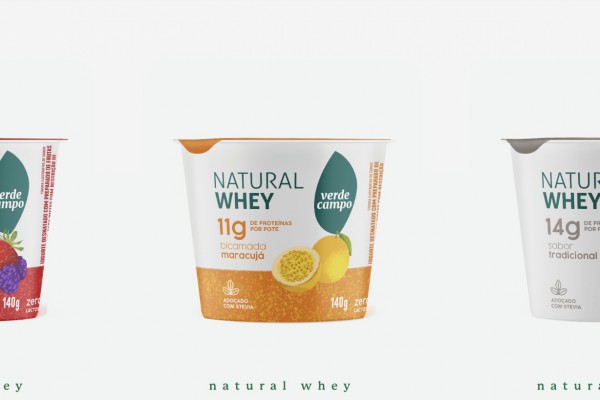Lawsuits point to possible platforms’ abuses in blocking accounts and withholding payments from stores’ sales.
The main focus for online retailers in Brazil, online marketplaces have been the target of lawsuits from store owners. A Valor investigation showed the number of sellers’ lawsuits against large platforms growing to 105 between January and October compared to 69 in 2022.
This 52% growth refers to lawsuits accusing companies of abuse by blocking stores’ accounts and withholding money from their sales. The online marketplaces argued in court that they acted upon intellectual property violations due to selling counterfeit items, account cloning, and other suspicious activities.
The biggest growth is in the number of lawsuits against Mercado Libre and Amazon. Mercado Libre and its subsidiary Ebazar, combined, were the defendants in 59 cases until October, focusing on account blocking and payment retention, almost doubling the 30 cases in the full year 2022.
Amazon faces 43 proceedings, versus 37 in 2022. Americanas and Magazine Luiza had less relevant and stable or falling numbers.
Proportionally, however, Amazon has more impressive figures. While Mercado Libre has around 6 million sellers in Brazil (individuals and companies), according to consultants’ calculations, Amazon gathers only 50,000 retailers.
According to store owners, algorithms have inaccurately identified sellers who circumvent the rules, leading to a greater volume of affected retailers.
“The algorithm has improved indeed, but it is not yet perfect, and it errs on the side of caution. At Amazon, if there is any sign of doubt about the origin of a product, they block it, and your account is suspended for 90 days without much room for dialogue. As the marketplace contract is a private contract between partners, not regulated by the Consumer Protection Code, there is not much to do other than question it in court,”
a former platform director said.
Lawyers have identified a greater demand from retailers who are considering taking legal action in recent months, and there is a general view that the two consecutive years of decline in online sales in Brazil in 2022 and 2023 —something unprecedented in the segment —help explain why sellers are resorting to court.
In the second quarter, the sector shrank by 15% after falling almost 14% in the first, according to data from Neotrust. In 2022, it saw a 3% decline.
“Smaller sellers cannot have their account blocked for long when sales are harder. Larger retailers are treated as key accounts and manage to talk to the platforms more quickly when there is a problem,”
said Gabriel Lima, the CEO of marketplace consultants Enext.
Most of the 105 lawsuits analyzed by Valor request an injunction order to reinstate the accounts before judgment. Most are granted. Judges have understood that blocking accounts harms store owners.
The main complaint is that sellers do not have time to access their funds after they are blocked and present their arguments through the platform system, according to Valor.
This year’s movement is notable because it is uncommon for small sellers to sue large platforms due to the high cost of legal services for relatively small lawsuits and the strain on the relationship with a business partner.
As experts point out, account suspensions occur because of the companies’ faulty evaluation system. For example, problems with product registrations are commonly interpreted as a property violation.
What do the platforms say?
Sources close to the platforms said the increase in lawsuits reflects improvements in control systems and brand property protection programs. They added that the contracts present clear terms, which store owners may choose not to adhere to as partners.
Despite the high numbers of lawsuits, sources close to the companies argue that those are small compared to the volume of retailers registered with the Mercado Libre and Amazon platforms.
As the platforms are not the owners of the brands they sell but an intermediary in the sale, they cannot open criminal proceedings if some fraud or falsification is proved. Their only option is to cancel the accounts.
Mercado Libre told Valor that it maintains a transparent and close relationship with its sellers to deal with demands from any user, prioritizing a quick and consensual resolution of conflicts without the need to resort to court. Also, it said that it only blocks sellers when an irregularity is proven.
Amazon said its sellers are “extremely important” and works to protect them and help them grow their businesses. It also stated that its policies align with its commitment to offering safe and quality purchases and that it does not comment on ongoing lawsuits.
Magalu said in a note that the sale of irregular products is a “non-negotiable” issue and that it has preventive control mechanisms in place. It added that, as it deals with small retailers, the platform seeks to guide them. Sellers may receive a disqualification warning if they show inconsistencies or fail to offer proper clarifications. According to Valor’s investigation, Magalu faces three lawsuits this year for blocking sellers.
Americanas said it has a team dedicated to analyzing retailers and combating non-compliance, with a channel devoted to property protection that helps with conciliation and minimizes lawsuits. No retailers have sued the chain this year.
Source: Valor International




